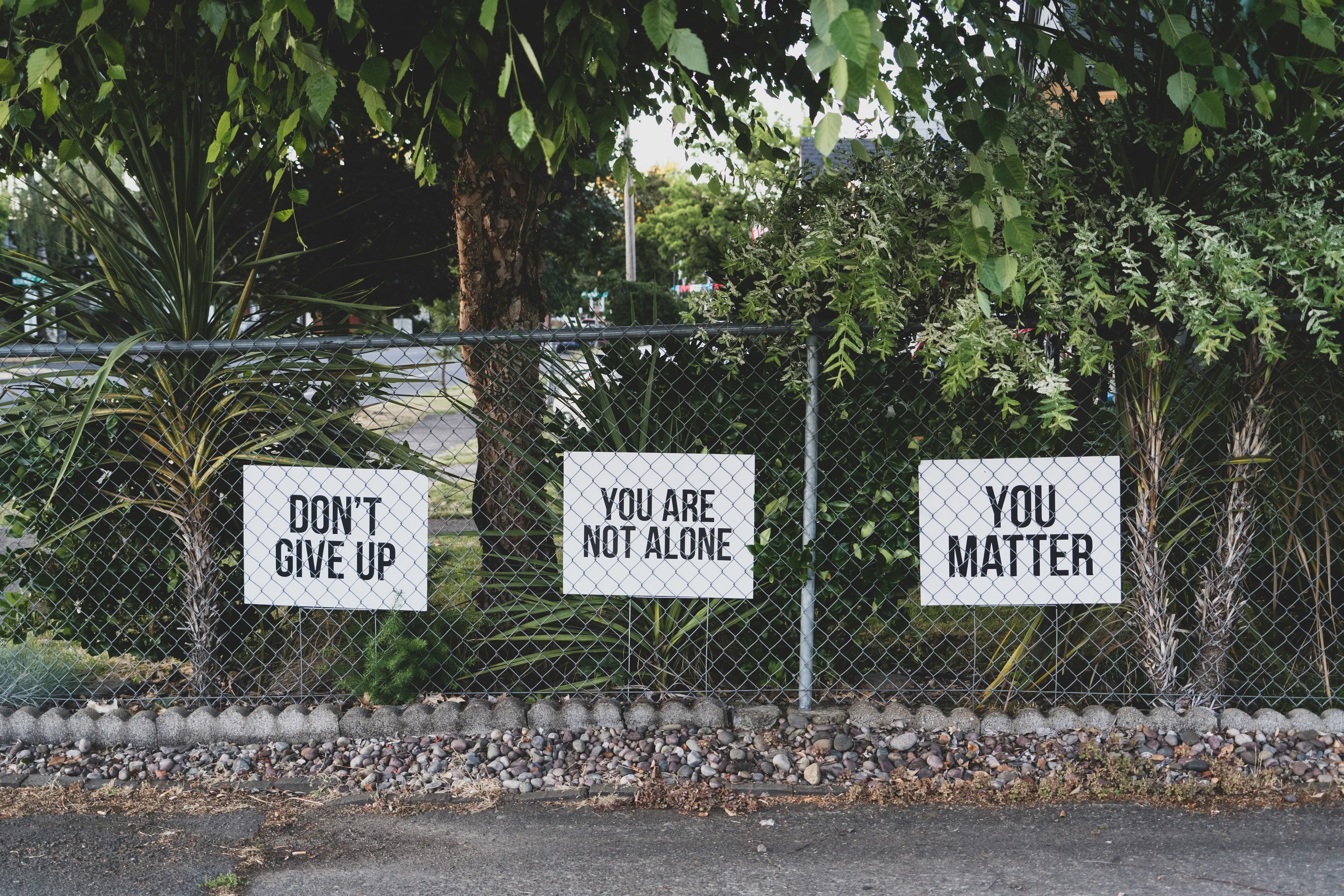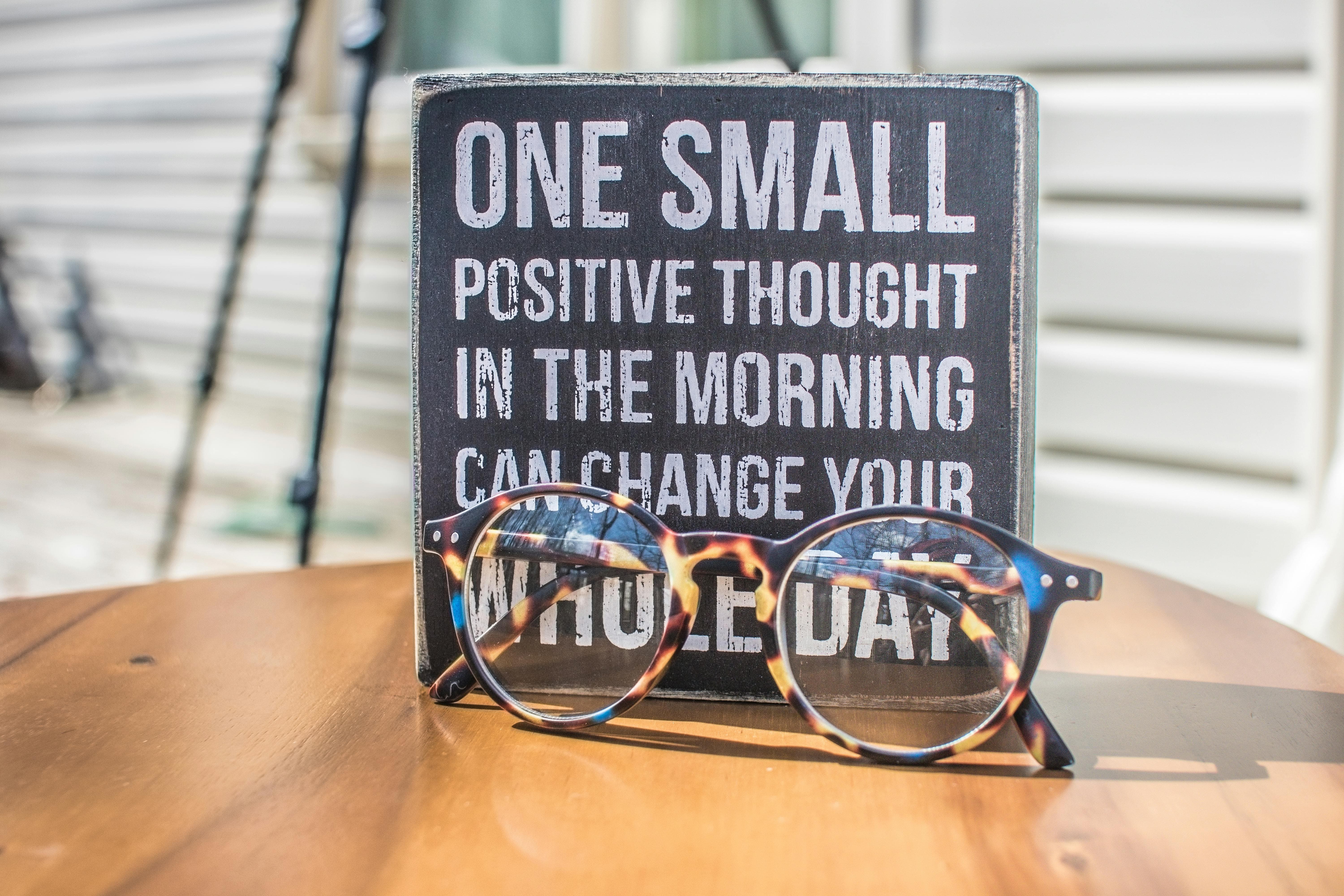Stuck in patterns that feel hard to break? Many people reach for help when stress, cravings, or low mood start getting in the way of daily life.
Cognitive Behavioral Therapy improves emotional regulation, speeds up symptom relief, and builds relapse resistance. It reshapes core beliefs, treats co-occurring disorders, integrates trauma recovery, and enhances problem-solving skills for long-term recovery and daily stability.
This guide walks through some surprising ways CBT can help you handle everyday challenges with more clarity and control by listing out the benefits that often go beyond what people expect.

1: Improved Emotional Regulation Via Cognitive Behavioral Therapy
Cognitive Behavioral Therapy helps you make sense of intense emotions by breaking down the thoughts behind them. It gives you the tools to catch negative thinking before it spreads and replace it with something more realistic.
Recognize Thoughts That Spark Cravings or Emotional Distress
CBT therapy teaches you to spot the split-second thoughts that lead to cravings or emotional distress, like “I can’t handle this” or “Just one won’t hurt.” By identifying these patterns early, you create space to choose a different response.
Reframe Thinking Into Healthier, More Balanced Alternatives
Once you recognize unhelpful thoughts, CBT walks you through how to reframe them. A thought like “I failed” can shift to “I slipped, but I’m still trying.” Tools like thought records and scenario testing support this process.
Over time, these new habits improve emotional control, reduce relapse risk, and build long-term resilience.
2: Faster Symptom Relief in Fewer Sessions
Cognitive Behavioral Therapy is action-focused. It focuses on what you’re dealing with right now and helps you move forward using practical steps.
Follow Structured Goals Designed to Reduce Relapse Risks
At New Horizons Recovery Centers, CBT therapy sets clear goals that target addiction and mood symptoms. Most people see real progress in 12–16 sessions, and some even sooner. The structure keeps you moving, not circling the same issues. You focus on now and not the past.
Practice Coping Techniques Regularly Through Guided Homework
Looking for effective rehab Pennsylvania-wide? CBT keeps progress going between sessions through:
- Daily thought tracking
- Real-time coping strategies
- Identifying triggers
- Practicing simple routines
- Weekly progress reviews
These small, consistent steps help turn coping tools into lasting habits.
3: Long‑Term Recovery Through Changing Core Beliefs
Cognitive Behavioral Therapy helps you uncover and reshape the beliefs that quietly fuel relapse, low mood, and self-sabotaging patterns.
Reveal Beliefs That Fuel Mood Disorders and Substance Use
CBT therapy helps you spot the deep-rooted thoughts that shape how you react. These often sound like:
- “I’m not good enough.”
- “I always fail.”
- “I can’t cope without using.”
These beliefs form early and quietly influence your behavior. In treatment, many people realize their patterns aren’t personality flaws, but they’re habits based on old beliefs.
Replace Distorted Beliefs With Realistic, Supportive Thinking
Rehab Pennsylvania clients trust often use CBT to help challenge and replace harmful thoughts. It’s not about blind optimism. It’s about accuracy.
“I’m broken” becomes “I’ve been through a lot, and I’m healing.” Rehab centers use real-life practice to help these new beliefs stay by building lasting change from the inside out.
4: Stronger Relapse Resistance Through Coping Skill Building
This form of therapy helps you catch early signs of relapse and respond with real-world strategies that protect your progress.
Detect Triggers and Warning Signs Before Relapse Occurs
Relapse doesn’t happen overnight. CBT therapy helps you notice patterns like:
- Mood swings or irritability
- Skipping meetings
- “Just once” thinking
- Returning to old habits
- Avoiding support
You’ll learn to track thoughts, emotions, and environments that set you off. This way, you can step in before things get out of hand.
Use Refusal Methods and Stress-Tolerance Exercises Daily
Saying “no” is just part of relapse prevention. CBT therapy teaches practical refusal skills, like how to exit risky situations, use confident body language, or set clear boundaries without guilt.
People who build strong refusal strategies are more likely to avoid relapse. Alongside that, you’ll learn stress-tolerance tools like breathing exercises, mindfulness, and grounding.

5: Effective Treatment for Co‑Occurring Mental Health Issues
Instead of treating each issue separately, many who searched “drug treatment center near me” and found CBT experts learned how to manage both addiction and mental health together.
Reduce Anxiety, Depression, and Trauma Symptoms Through CBT
Many people with addiction also face anxiety, depression, or trauma. CBT therapy addresses these challenges at the same time.
Research shows CBT can significantly ease symptoms of anxiety, depression, and PTSD in people with co-occurring disorders. That’s because CBT focuses on how these struggles connect and overlap.
Practice Emotional Skills to Manage Mental Health Without Substances
CBT helps you handle difficult emotions without relying on substances. You’ll learn to:
- Spot emotional triggers early
- Use breathing exercises to calm anxiety
- Try behavioral activation to ease depression
- Challenge negative thoughts that fuel shame or hopelessness
These skills support both recovery and mental health, making progress more consistent and lasting.
6: Trauma‑Focused Support Integrated Into Recovery
Trauma-focused CBT therapy helps you process trauma without stalling your recovery progress.
Confront Traumatic Memories Safely Via Exposure Techniques
About 75% of people in addiction treatment have experienced trauma. CBT uses gradual, therapist-guided exposure to help you revisit memories safely through imaginal (in-session) or in vivo (real-life) techniques. You set the pace, and nothing is forced.
Blend Trauma Healing With Recovery Goals and Relapse Planning
Treating trauma and addiction together leads to better outcomes. CBT provides tools like grounding for flashbacks, breathing for panic, and thought work to reduce guilt and shame.
If you’ve been searching “drug treatment center near me” for trauma-informed care, this integrated approach may be the missing piece.

7: Enhanced Problem‑Solving and Daily Control Beyond Treatment
CBT therapy equips you with tools that last. Long after treatment, you’ll use them to manage stress, make decisions, and stay grounded.
Devise Strategies to Face Everyday Recovery Challenges Confidently
CBT teaches a clear, repeatable method:
- Define the problem.
- Explore solutions.
- Weigh your options.
- Try one.
- Adjust if needed.
This approach works for real-life issues, whether at work, in relationships, or with money. Many people report long-term benefits because they’ve learned how to solve problems on their own.
Strengthen Social Supports and Sober Habits for Lasting Stability
Recovery needs structure and connection. CBT helps you:
- Rebuild trust
- Set boundaries
- Communicate clearly
You’ll also create daily routines, like regular sleep, meals, movement, and rest, that support mental health and lasting recovery.
Take the Next Step Toward Real Change
More than symptom relief, Cognitive Behavioral Therapy in Pennsylvania helps you build skills that support long-term recovery and daily stability. If you’ve been feeling stuck, overwhelmed, or unsure how to move forward, New Horizons Recovery Centers can give you the tools to take back control.
We’re here to guide you through it. Our team uses proven, practical methods that meet you where you are and help you make steady progress. Call us today to see how New Horizons Recovery Centers can help you take back control and make meaningful progress.

-ink.jpeg)
-ink.jpeg)
-ink.jpeg)
-ink.jpeg)
-ink.jpeg)
-ink.jpeg)
